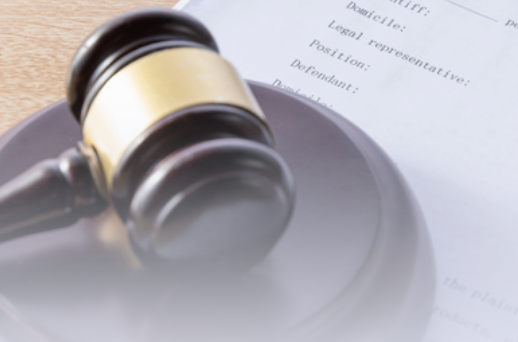The era of class action suits in Kenya: Implications on corporates and strategies for mitigating legal risks

Class action suits are a legal redress mechanism that enables a group of individuals with a similar claim to sue a defendant as a collective. In Kenya, class action suits have been on the rise in recent years, with a growing number of litigants seeking legal redress against corporations for various grievances.
The Consumer Protection Act, 2012, provides for class action suits as a legal remedy for consumers who have suffered harm or injury as a result of unfair business practices or defective products. Under the Act, a class action suit can be filed by a group of consumers who have suffered similar harm or injury as a result of the same business practice or product defect. The suit must meet certain criteria, such as having a common question of fact or law and having the individual plaintiffs’ claims typical of the class’s claims as a whole.
One of the recent notable class action suits in Kenya was brought against the Kenya Power and Lighting Company by a group of consumers who claimed that the company had overcharged them for electricity. The plaintiffs argued that Kenya Power had violated its duty to provide accurate billing and had failed to comply with the Energy Regulatory Commission’s tariff guidelines. The case was settled by consent in October 2018.
In 2016, a local NGO brought a class action lawsuit against Metal Refinery (EPZ) on behalf of the Owino Uhuru community in Kenya, alleging lead contamination and poisoning resulting from their recycling of lead-acid batteries. In July 2020, the Environment and Land Court ruled in favour of the community, ordering the government and Refinery Metals to pay Kshs. 1.3 billion in damages and to clean up the environmental damage. The court had ruled that state agencies listed as defendants in the case and the private companies were liable for health and environmental harm inflicted on the community. The matter was appealed at the Court of Appeal, with the judgment expected to be delivered on March 17, 2023.
Kenya’s leading telco Safaricom and the Communications Authority face two class action suits in court. In the SIM swap class action suit, Safaricom is being accused of failing to prevent SIM Swap fraud. At the same time, the regulator is being taken to task for alleged negligence in executing its regulatory duties. In the second class action suit, the High Court recently ordered the publication of a notice in the dailies inviting other interested persons to join the SIM re-registration class action suit that revolves around data privacy concerns in the re-registration process. Both cases are ongoing.
In light of these developments, corporations operating in Kenya should take proactive steps to mitigate their exposure to class action suits. One of the most important measures is to ensure compliance with all relevant laws and regulations. This includes providing accurate information to consumers, adhering to product safety & security standards, and following fair business practices. Additionally, companies should establish effective mechanisms for addressing consumer complaints and resolving disputes. This can help prevent grievances from escalating to the point of legal action.
Another important step that companies can take is to engage with stakeholders, including consumers, regulators, and civil society organisations. This can help companies to identify and address potential issues before they escalate into legal disputes. Companies can also benefit from building strong relationships with stakeholders, which can enhance their reputation and help them to build trust with consumers.
In conclusion, class action suits are an increasingly important legal mechanism in Kenya that can have significant financial and reputational implications for corporations. As such, companies should take proactive steps to mitigate their exposure to such suits by ensuring compliance with all relevant laws and regulations, establishing effective mechanisms for addressing consumer complaints, and engaging with stakeholders. By doing so, companies can help to prevent legal disputes and build stronger, more sustainable businesses.

